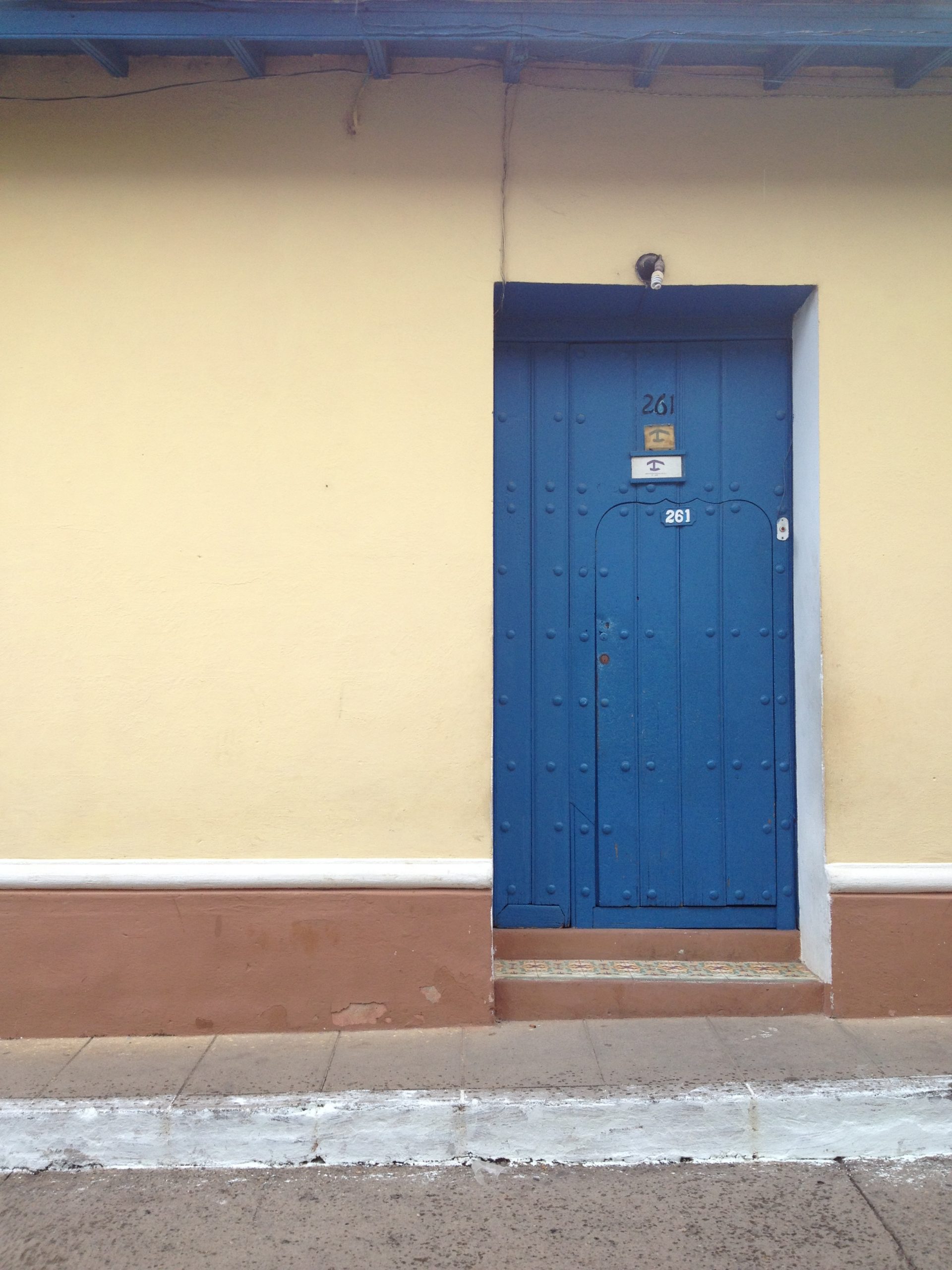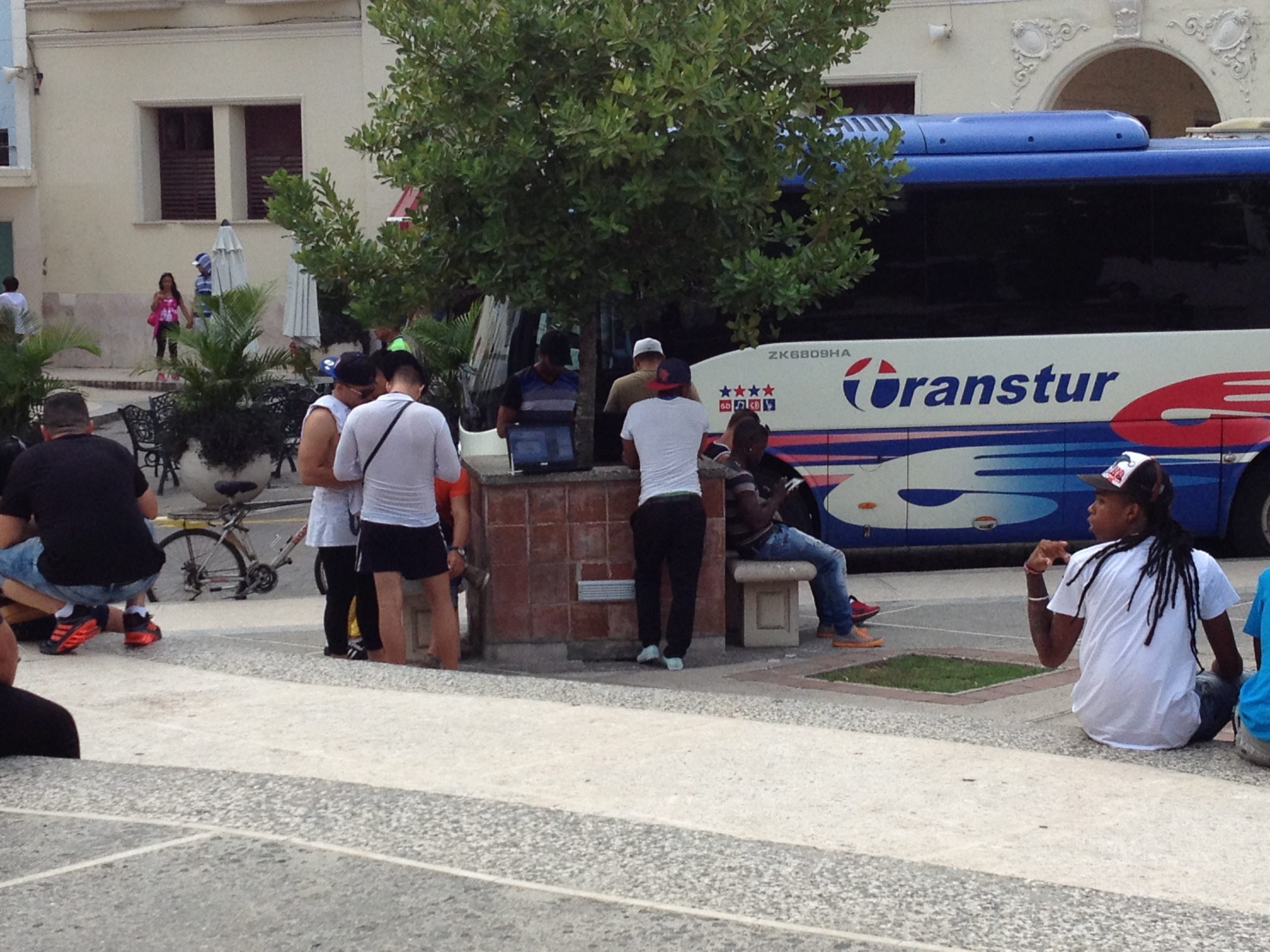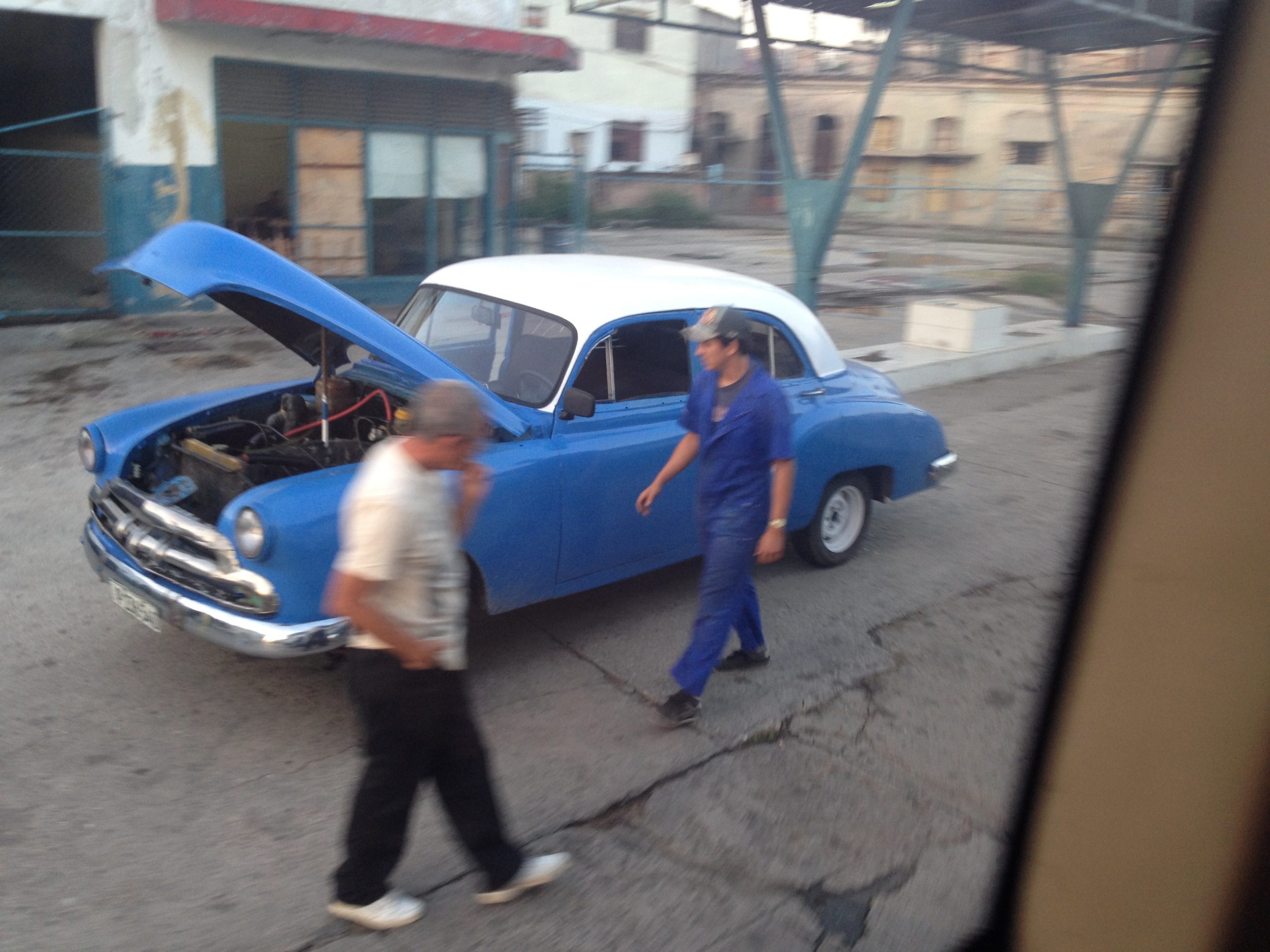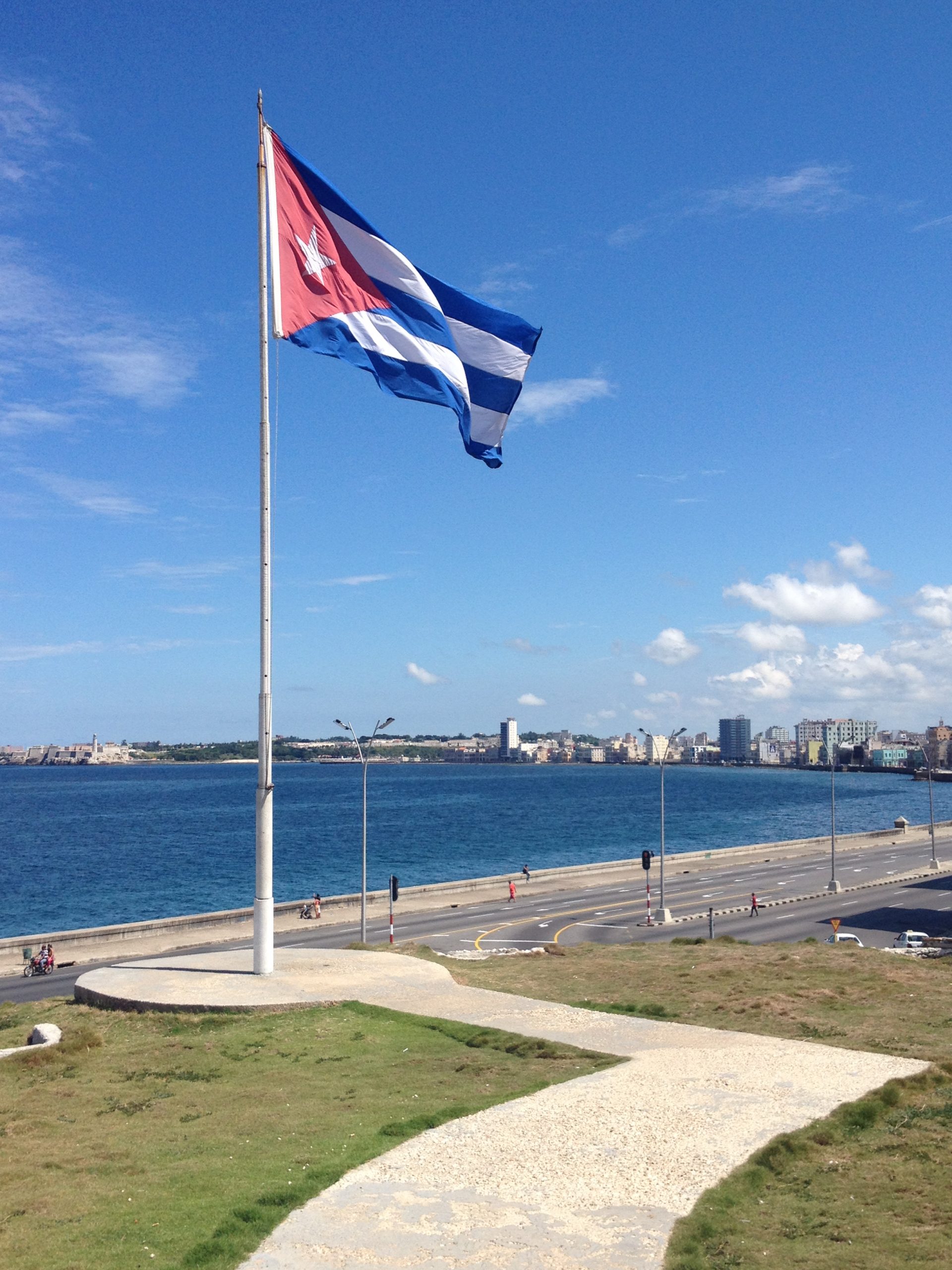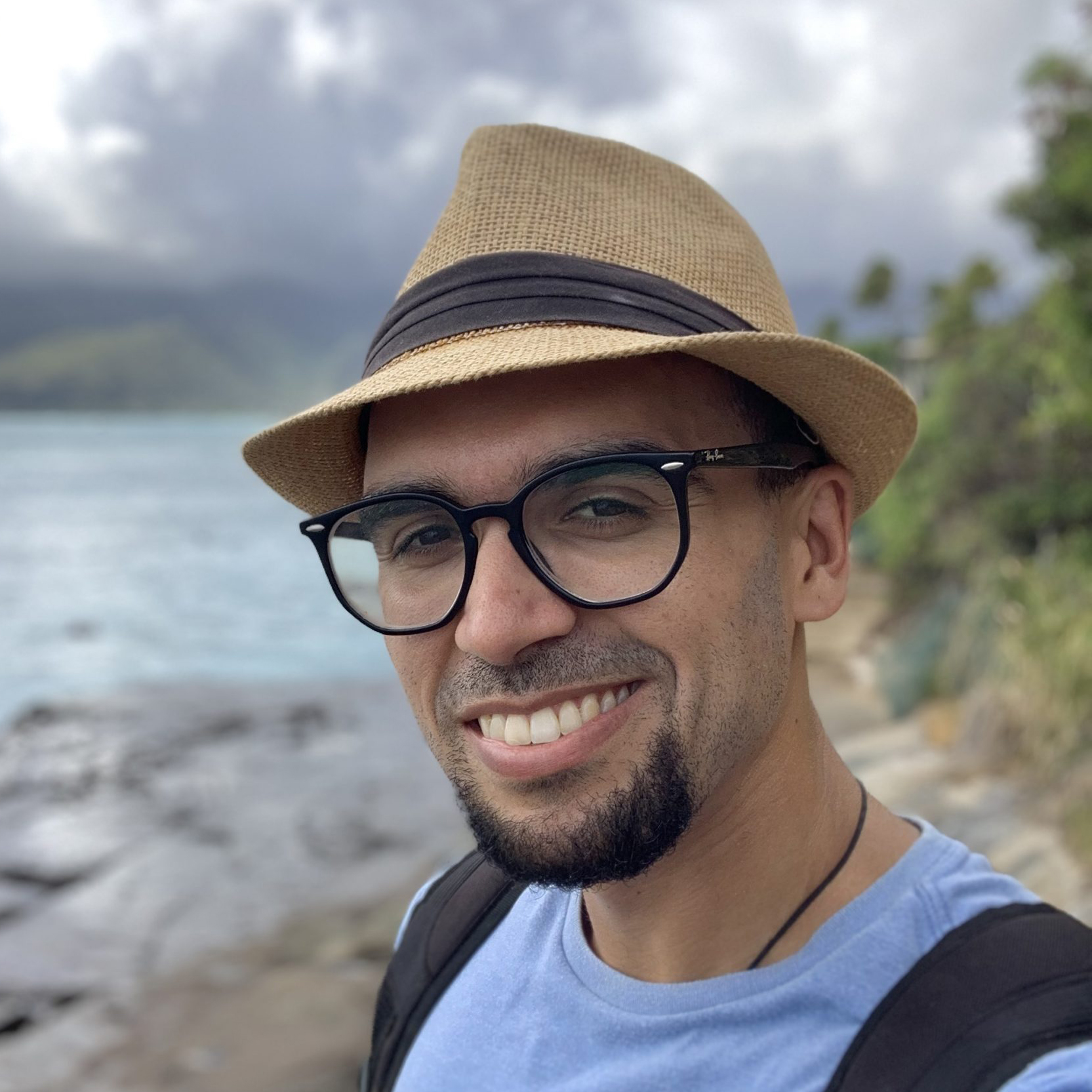Note: As reflected on my Youtube vlog, in this blog I share seven heartbreaking factors that Cuban people live through and struggle with in Cuba. I will note that my content is never solely intended to talk about politics and promoting a way a culture, people, or destination should be according to my own wishes. But in this case and for the sake of the heart felt connections I made with Cuban people, I guess you could say there is some sort of an exception.
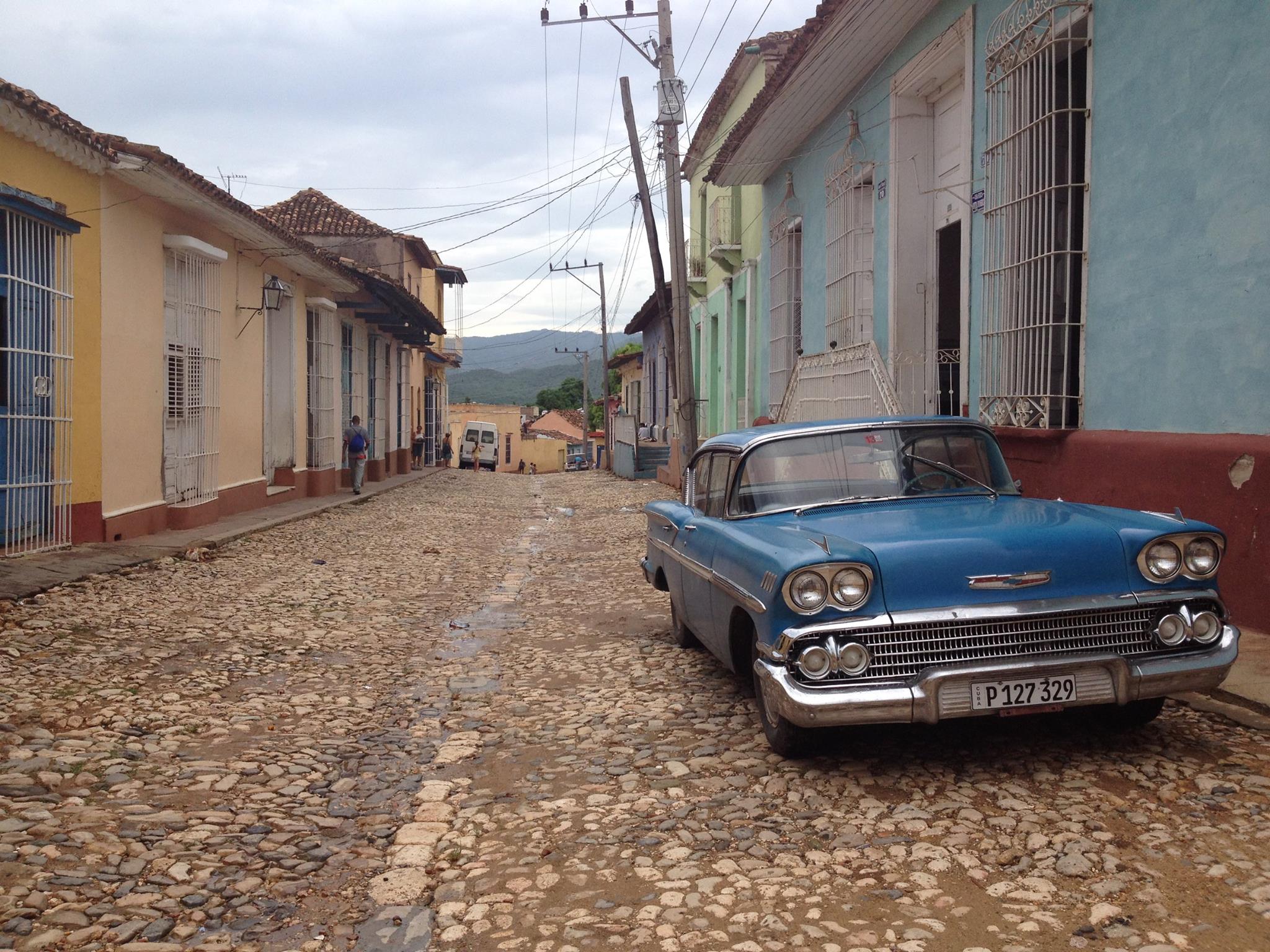
It’s mid-July 2021, and Cuba has hit the world headlines with violent protests in the island of Cuba. This isn’t the first protest in Cuba over the course of 50 years since the grand “revolucion” but this one is notably different and historic in many ways. Thanks to the long lasting American embargo, internal economic strife post Soviet Union collapse, and the now the Coronavirus pandemic, the Cuban people are faced with lack of necesities such as food while Covid cases have hit numbers that put the already fragile medical infrastructure at a critical. The people have unanimously hit a breaking point and have come together to take a stand against oppression and for democracy. As a result, it had been said that electic grids have been manipulated along with cellular and data networks across Cuba, the lifeline of communication within and to the outside world. It was this news that made me remenisce some of the struggles and hardships I learned of back when visited Cuba in 2015. So today, I focus on that with hopes of extended those voices in Cuba that are trying to be heard!
7 Struggles & Hardship I Learned of in Cuba
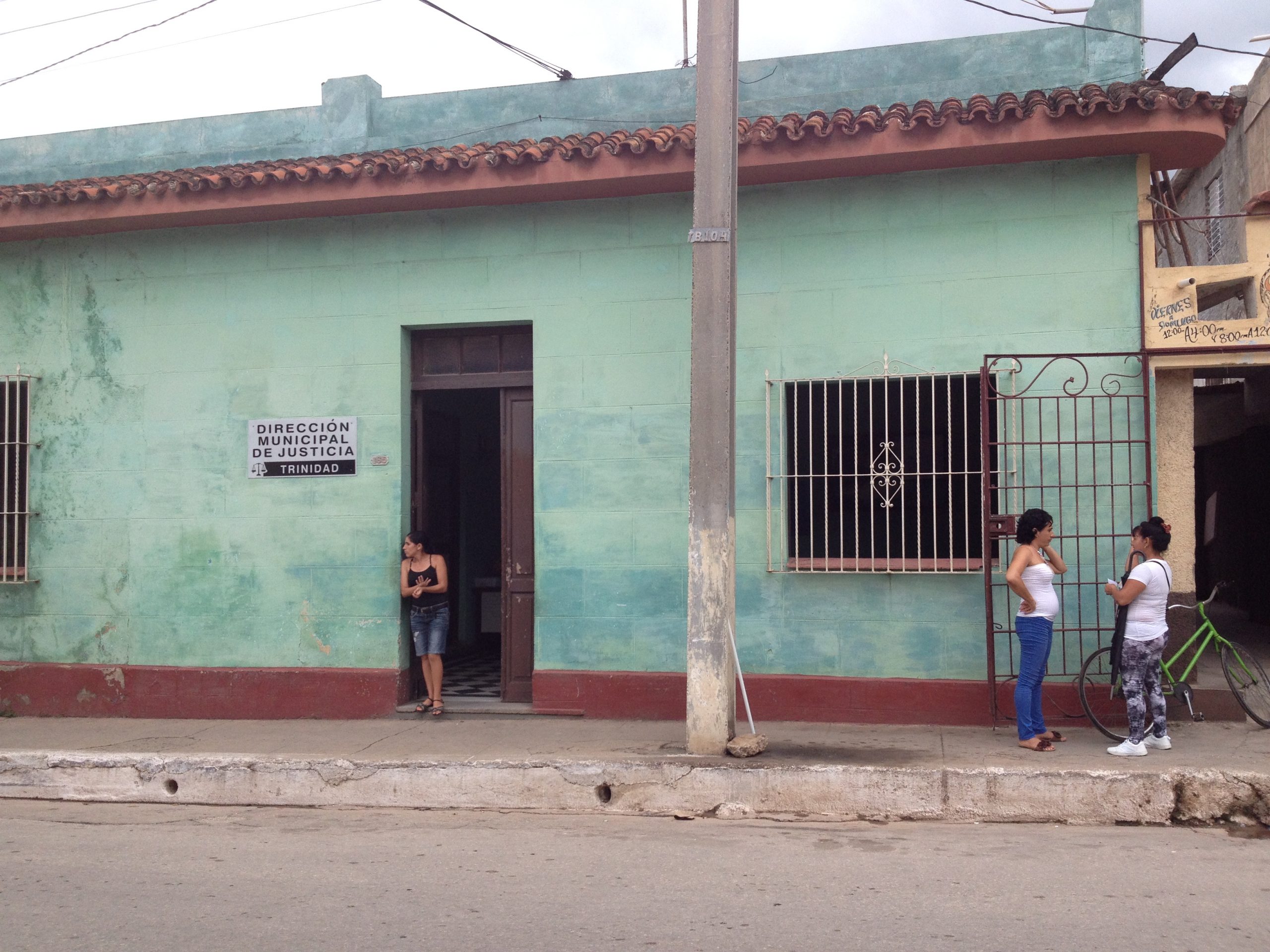
The Cuban Salary
If you ever wondered how much your average Cuban makes in Cuba, well you’re asking the wrong question. Question is, how little do Cubans make?
Approximately 20-30 U.S. Dollars…..a month!!
Yep, you read that correctly. The average Cuban from what I’ve been told IN CUBA, was that the average salary for Cubans is a mere 20-30 USD per month. A doctor in Cuba makes a but more ranging anywhere from 30-50 USD per month. What can the average person do with 25 USD a month in Cuba.
Buy groceries and food for oneself and the family
………I’d just say barely a few other things.
It’s simply not enough to live anywhere close to comfortably. Often I saw people wearing worn out clothing, shoes that had holes in them, hell one of my hosts was pregnant and couldn’t fit her clothes. It’s a gamble for what is deemed a necesity. A taxi driver told me that he needed to buy new shoes because they were falling apart. If he did, he wouldnt be able to afford food for him and his family. Or as he put it, “finish the money.”
The Food Market Experience
Coming back from Viñales to Havana in the evening via taxi, our drivers needed to make a stop to eat something. And I could tell it was urgent because they asked from their heart if they could stop. My mom and I were totally fine with it as we were just taking it all in and appreciating our drivers. After about 7 minutes waiting in the car, I got super thirsty and decided to head over to the stands to buy a bottle of water. What I had saw was a ragged food market with ham and cheese sandwiches sitting out in open with bugs flying over them. People looked at me like I didn’t belong as a tourist and come to find out, my cab driver wasn’t to thrilled that I go out of the car. Sort of like, he did want to be the guy that brought tourists here. I apologized and all was of course okay, but it really broke my heart. To see one side of Cuban that us outsiders enjoy and the catering we get down to the plates we eat. And here I was in an unsanitary market with foods that cost as little and sufficient enough to get someone through the night.
Private businesses are NOT private
If you don’t know what Casa Particulares are, they are basically the Airbnb’s of Cuba, with Cuban host families welcoming you into their home setting up anywhere from a room to a section of their home for guest visiting Cuba. It’s a great and easy way to connect with Cuban people in an intimate way and support them…?
Do you really support them? Yes and no…well mostly no.
I stayed in eight different casas in Cuba and each of them being incredibly unique and different from one another. Not only was I allowed a first hand opportunity to connect with people and practically stay with them but it was far more affordable than staying in a 3-5 star accommodation. But a major misconception about staying in casas is that you are supporting cuban families. In Trinidad, my mom and I were eating breakfast in the outside patio area where we saw from across the way, an official dressed casually with a bag of documents. She sat with my host and looked like they went over numbers for the accommodation like numbers of guests in a given time. Then later it seemed as if they was a money exchange. When I asked who that was, my host told me it was very much a government official that goes around to different casas to collect information and funds that are monetized by the central government. I don’t know how much of that goes to the family, but the reality is, the government surely gets a good share.
Connecting to the Internet
In early 2015, public wifi hotspots were installed across many city center parks to connect to the outside world. Typically, you would buy a prepaid data card in denominations of 5-20 something CUC / 5-20something USD. It was incredible to see many Cubans sitting on park benches on their phone browsing the web and talking on video chat with loved ones. But despite the little structure of connecting via prepaid cards, I noticed in many locations that had one or several hackers on a laptop that found a way to bypass the government limitations with free wifi. This allowed many locals in the community to tether up to the new hotspot and gain access to the world outside of the Caribbean island nation. It was one of those many observations that put into perspective the lengths Cubans have to go to make do. As I mentioned earlier about salary, it’s not like one could afford a 10 dollar card to use internet for a short period of time.
The Divide of Tourism to Everyday Cubans
It’s quite obvious that there are places in Cuba meanth for tourists and the rest that are for locals. But unlike most world destinations with a tourism infrastracture, there truly is a wide gap between tourists and Cuban people and that is purely defined and evident in its currency. Well, two currencies for that matter: the CUC (Peso Convertible pegged 1:1 with the USD) & the CUP (monedal nacional) the currency used by everyday Cuban people.
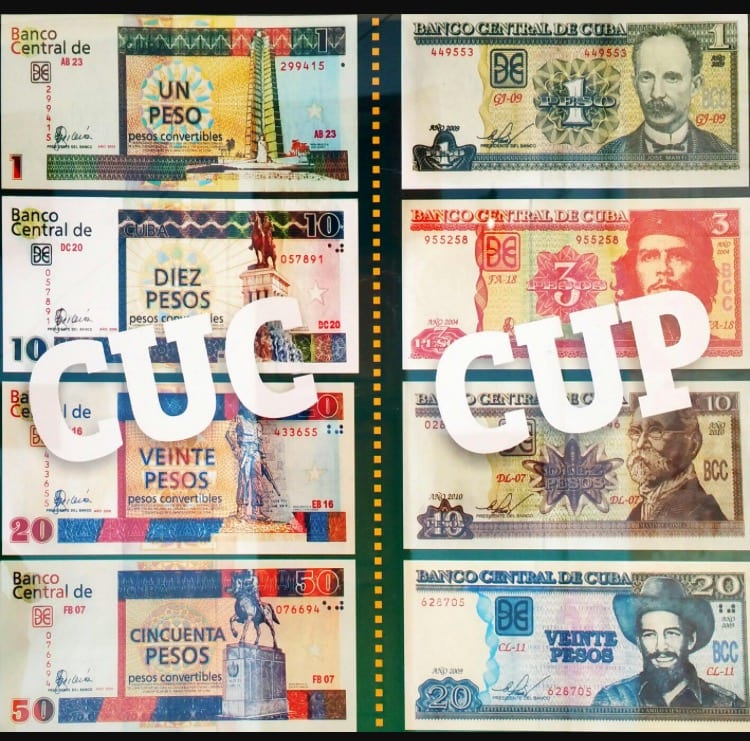
Running short of CUC torwards the end of my trip, I found out that tourists are in fact allowed to trade their CUC for CUP. This allowed me to budget like hell for 4 additional days in Cuba. But it also allowed me some semblence of perspective on what everyday Cubans have to do to stretch their livelihood as far as they can. But in regards to that divide, tourism was only introduced in recent decades to stave off a diminishing economy and brought in a new source of revenue. The problem is alike the casas bullet I mentioned earlier, that money doesnt always go to Cuban people directly. Tourism was alike anything else in this socialist country, meant to benefit the government.
Hitchhiking & Those Sweet American “Classics”
Traveling across Cuba in either a Viazul bus, rental, or taxi, you’ll find that there are not many cars on the road as you would expect. Hell, I went a strech of highway from Santa Clara to Sancti Spiritus and I probably counted maybe eight cars on the highway. That’s because most peope don’t own cars in Cuba. Hell, very few people actually do own cars in Cuba. Most the locals I talked to only drove a car because they were working for a taxi agency or service. It wasn’t theirs per se.
Also, on the road you’ll find people standing on the side of the road or the main highway. That’s obviously because hitching rides is the only other way to get around if public transport isn’t in existence.
Lost Family Connections Abroad
By far the most heartbreaking realities I had learned of in Cuba has to do with families that have left the island and never returned. While I connected with many Cubans who have family in America that not only stay in contact, but they help manage sending finances or taking care of responsibilities in Cuba, from the states. However, there are a large number of Cubans that have fled Cuba for freedom in America leaving behind family members in Cuba. What breaks my heart the most, are those Cubans that I have spoken to who are literally still waiting for a phone call. Even admitting being forgotten by a son, daughter, nephew, they still await hearing from them. Amidst the obvious hardships faced in Cuba, if there is anything more devastating to any hispanic family, is family abandoning family.
Final Thoughts
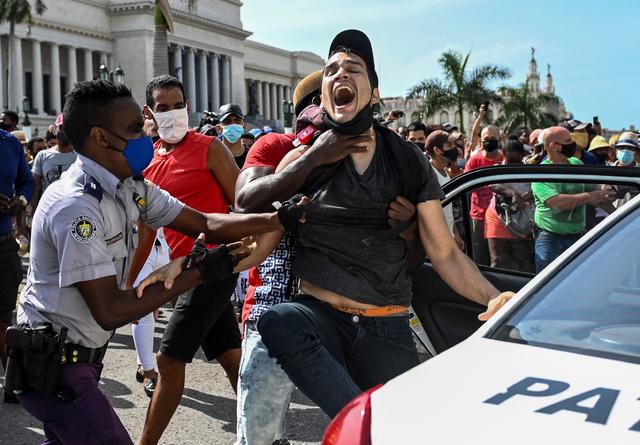
With Cuba in pure and utter chaos and upheaval with nationwide anti government protests, it’s quite obvious and clear that things have hit a breaking point. While the economy already suffers as a result of the neverending US embargo, the Covid-19 pandemic is the tip of the iceberg with soaring cases and high hospitalizations. As a result of protests, people are being incarcerated & internet is being cut off to silence opposition. While I don’t necessarily like to push politics especially considering I am not in that place to see for myself, what I do know is this. I listened to and observed to my best ability those voices in Cuba during am innocent time in 2015. No protests, no pandemic, just a seemingly ordinary time where people had no voice and no ability to have a say for change in their living circumstances across the island.
The reality is regardless of your political arguement, the Cuban people are the one who suffer every single day from low wages to living in the shadows of the money that comes into Cuba only to go into the pockets of people in power. Cuban people have no voice, so as someone who loves and cares for the beautiful personalities behind those voices, I am an extension of those voices.

